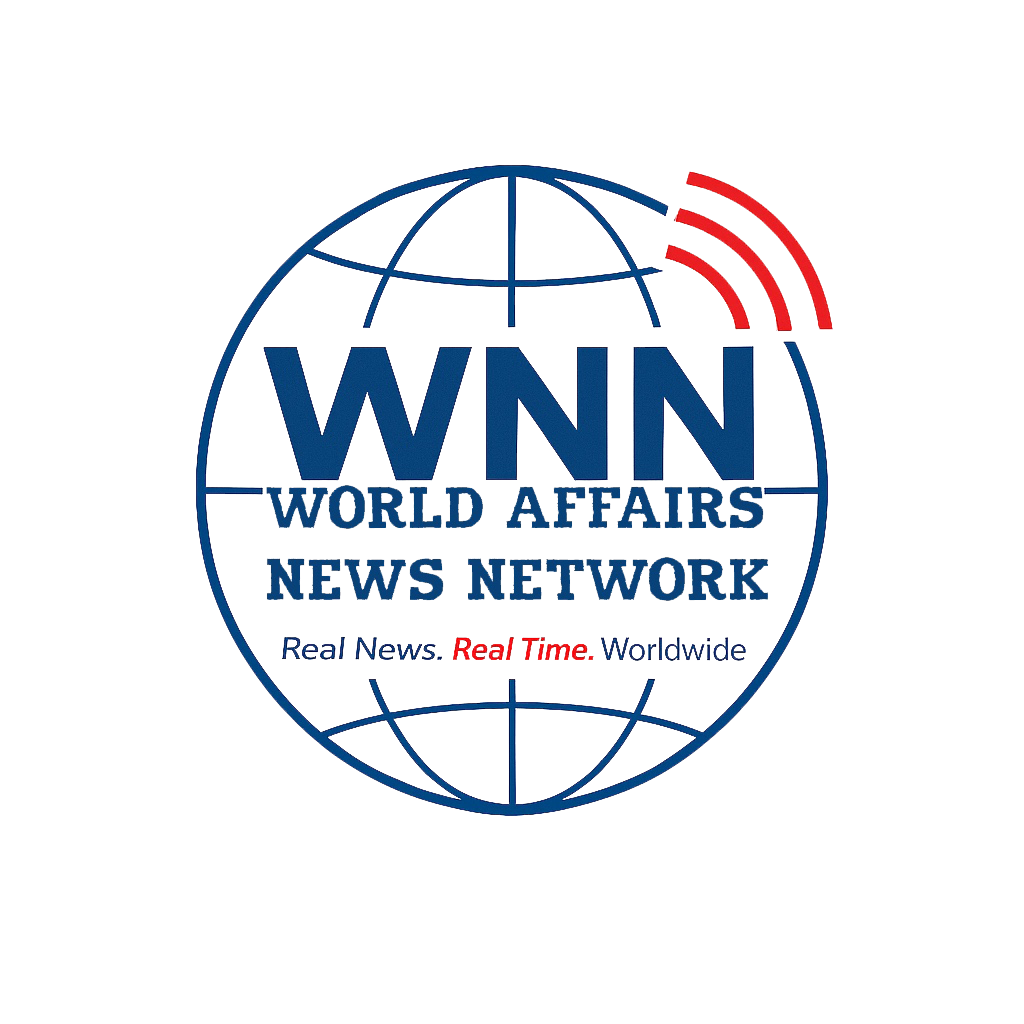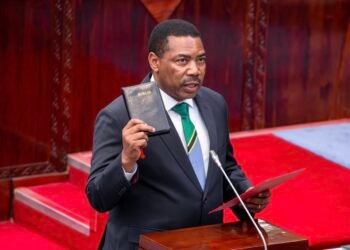WASHINGTON: U.S. President Donald Trump has signed a proclamation mandating a $100,000 yearly fee for companies sponsoring H-1B worker visas, a dramatic shift that could reshape America’s tech and innovation landscape.
The move, announced Friday, also introduced a new “gold card” visa granting U.S. permanent residency to individuals willing to pay $1 million.
“The main thing is, we’re going to have great people coming in, and they’re going to be paying,” Trump told reporters at the White House.
H-1B visas, established in 1990, allow firms to sponsor foreign workers with specialized skills such as scientists, engineers, and computer programmers. Each year, the program allocates 85,000 visas via a lottery system, with India accounting for 71% of approved recipients in 2024.
Commerce Secretary Howard Lutnick defended the decision, arguing it would encourage firms to prioritize American graduates. “Train Americans. Stop bringing in people to take our jobs,” he said, while confirming “all the big companies are on board.”
The fee, however, could cost companies $300,000 per worker over a standard three-year visa term, hitting smaller tech firms and startups particularly hard. Critics warn the change risks pushing high-value work abroad and undermining U.S. competitiveness against rivals like China in the race for artificial intelligence leadership.
“In the short term, Washington may collect a windfall; in the long term, the U.S. risks taxing away its innovation edge,” said eMarketer analyst Jeremy Goldman. Venture capital firms echoed that concern, warning it could discourage global talent from moving to the U.S.
Analysts also raised legal questions, noting Congress only authorized application fees to cover adjudication costs. Aaron Reichlin-Melnick, policy director of the American Immigration Council, said the new fees “go far beyond” statutory authority.
Amazon was the top recipient of H-1B visas this year with more than 10,000 approvals, followed by Tata Consultancy, Microsoft, Apple, and Google. California remains home to the largest share of H-1B workers.
Meanwhile, the administration’s tougher stance on visas aligns with broader restrictions on immigration, including tighter rules on international students and expanded bans on certain travelers.
Critics warn the policy represents short-sighted protectionism at the expense of U.S. innovation.
-WNN



















